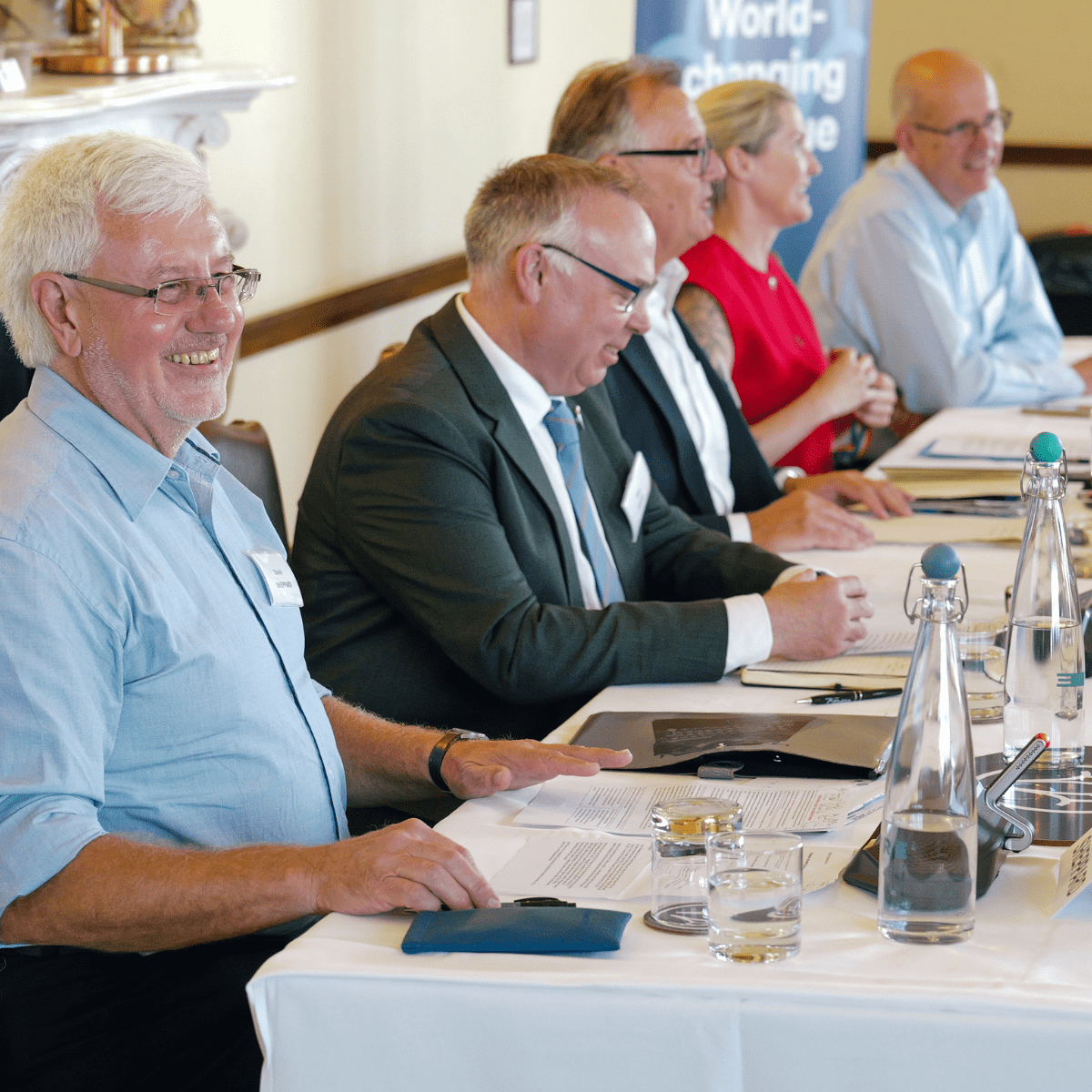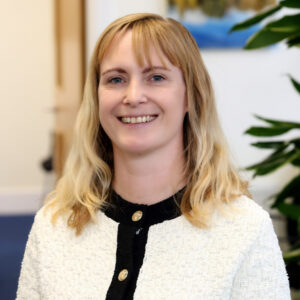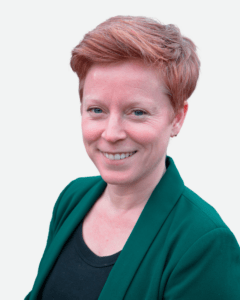
Wilton Park is an extraordinary Sussex institution with a remarkable history. Founded after the Second World War by Heinz Koeppler, a German-Jewish migrant, it began by educating German prisoners of war to become leaders in a new open, democratic society.
Today, as an Executive Agency of the Foreign, Commonwealth & Development Office, Wilton Park convenes UK and global governments, businesses, NGO's and academic leaders, to tackle some of the world's most pressing issues and to build diplomatic alliances for peaceful collaboration and policy development. Over the years, it has hosted pivotal moments in history - from early discussions on ending apartheid to Balkan peace talks and negotiations on the Nuclear Non-Proliferation Treaty.
All this happens discretely in the heart of the Sussex countryside; Wiston House, Steyning.
In July, Wilton Park hosted the Sussex Growth Forum, bringing together leaders from politics, business, education and the voluntary sector to discuss how to promote economic growth in our county.

We heard from the leaders of East Sussex, West Sussex and Brighton & Hove about proposals for a Sussex Mayor and the potential reorganisation of local government. There was broad agreement that a combined Sussex authority could foster collaboration across political and geographical divides, helping to solve long-standing county-wide challenges. The details of local government reform, however, were left for another day - I suspect there would be less agreement on that topic!
Business leaders also spoke on tourism and the identity of Sussex. Mardi Roberts, of Ridgeview Vineyard and Chair of the Local Visitor Economic Partnership, shared ambitious plans to boost tourism income by £2.5 billion over the next decade.
I was invited to speak on the role of the voluntary and community sector (VCSE) in our local economy. Across Sussex, we estimate there are 10,000 to 12,000 VCSE organisations, contributing at least £400 million annually and employing 24,000 people - that’s 3% of all jobs, and 6% in Brighton & Hove. Around half of the sector’s income comes from outside Sussex, bringing fresh resources into the county.
Perhaps most striking is that half our population volunteers each year, giving time worth at least £250 million - the equivalent of another 10,000 jobs. Beyond these figures, charities deliver life-changing support: from birth to end-of-life care, from debt advice to arts and culture. They help people stay economically active and share prosperity more fairly. They also help people develop skills through volunteering, which for many is more accessible than mainstream education. Most importantly, they create strong, diverse, resilient communities that unite people around what they share, rather than what divides them.
As we talk about economic growth, we must ask: growth for what purpose, and at what cost? Growth that harms our planet or increases inequality is no victory. The New Economics Foundation, in its recent 40th anniversary report, warns of rising inequality and diminishing public faith in political institutions. Their call is to empower citizens, give people more ownership of the economy, and help communities thrive.
Economic growth is meaningless if people feel hopeless about their future. Real hope lies in the thousands of people and charities already working to make a difference. This community action is the bedrock of a healthy democracy – if we lose it, it may never return.
That is why Sussex Community Foundation exists: to ensure communities have a voice and the resources they need. As local government reform and possible devolution unfold, we must guard against creating large, remote authorities disconnected from local realities.
The voluntary sector is essential to keeping communities together. Sussex Community Foundation can help maintain consistent support for vital organisations through the transition, ensuring they remain at the heart of future plans.
Together, we have an opportunity to create a new culture and a new history for Sussex - one that builds a resilient society ready for the challenges ahead. If we truly want growth, it must be in communities as well as in wealth. Only then will we enrich lives, strengthen connections, and create a Sussex where prosperity is shared by all.



